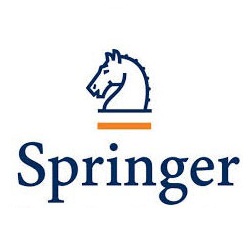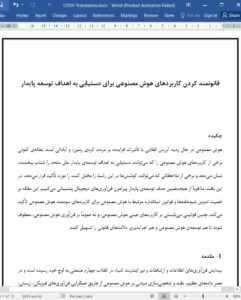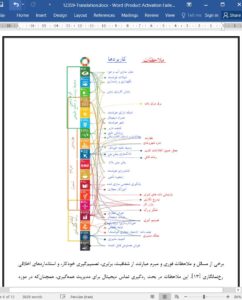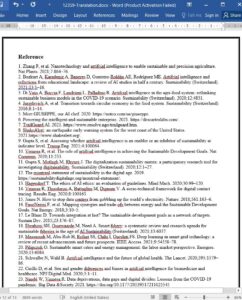Abstract
Artifcial intelligence is producing a revolution with increasing impacts on the people, planet, and prosperity. This perspective illustrates some of the AI applications that can accelerate the achievement of the United Nations Sustainable Development Goals (SDGs) and highlights some of the considerations that could hinder the eforts towards them. In this context, we strongly support the development of an 18thSDG on digital technologies. This emphasizes the importance of establishing standard AI guidelines and regulations for the benefcial applications of AI. Such regulations should focus on concrete applications of AI, rather than generally on AI technology, to facilitate both AI development and enforceability of legal implications.
1 Introduction
The advent of information-and-communications technologies (ICT), as well as the Internet of Things (IoT), has culminated in the fourth industrial revolution (4IR) and ushered in the big-data era of artifcial intelligence (AI)-enabled precision and personalization via the convergence of physical, biological, and digital technologies. AI is game changing, by maximizing objective functions for the optimal outcome. This perspective aims to showcase some of the well-established applications of AI and highlights some of the important considerations or issues related to the implementation of AI towards an accelerated achievement of the Sustainable Development Goals (SDGs). Below we discuss some areas where AI can have a signifcant impact.
6 Conclusions
There is no doubt about the importance of AI. Its ramifying impacts depend on how the advancement of the feld can be successfully translated into real-life applications with realistic and practical implementation without harming the planet and society. We must acknowledge that not all countries can aford to provide a social-safety net for the foreseeable income inequality between AI technology haves and have-nots. Harmonizing global guidelines and regulatory frameworks remains a great challenge that constraints worldwide AI application. These regulations should focus on specifc applications of AI to facilitate technological development and legal enforcement. In this context, interpretability of AI [35] can really facilitate both the implementation and the audit of AI technology in a progressively wider range of areas. In a utopian world of a global welfare state, all AI applications should fall under the positive vision of shared prosperity to avoid destructive conficts or wars between countries. Hopefully, AI-based technology can help to save the planet and ourselves for the betterment of humanity before the tipping point of global destruction.










